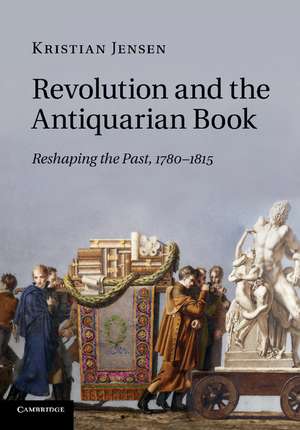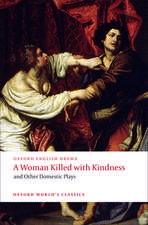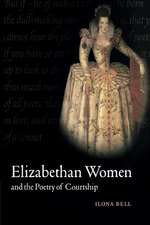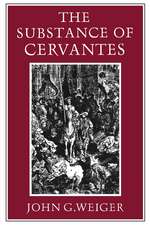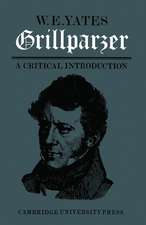Revolution and the Antiquarian Book: Reshaping the Past, 1780–1815
Autor Kristian Jensenen Limba Engleză Paperback – 26 mar 2014
| Toate formatele și edițiile | Preț | Express |
|---|---|---|
| Paperback (1) | 341.10 lei 6-8 săpt. | |
| Cambridge University Press – 26 mar 2014 | 341.10 lei 6-8 săpt. | |
| Hardback (1) | 704.66 lei 6-8 săpt. | |
| Cambridge University Press – 5 ian 2011 | 704.66 lei 6-8 săpt. |
Preț: 341.10 lei
Nou
Puncte Express: 512
Preț estimativ în valută:
65.28€ • 67.44$ • 54.33£
65.28€ • 67.44$ • 54.33£
Carte tipărită la comandă
Livrare economică 26 martie-09 aprilie
Preluare comenzi: 021 569.72.76
Specificații
ISBN-13: 9781107687837
ISBN-10: 1107687837
Pagini: 330
Ilustrații: black & white illustrations
Dimensiuni: 170 x 244 x 18 mm
Greutate: 0.53 kg
Editura: Cambridge University Press
Colecția Cambridge University Press
Locul publicării:New York, United States
ISBN-10: 1107687837
Pagini: 330
Ilustrații: black & white illustrations
Dimensiuni: 170 x 244 x 18 mm
Greutate: 0.53 kg
Editura: Cambridge University Press
Colecția Cambridge University Press
Locul publicării:New York, United States
Cuprins
Introduction; 1. Enlightenment ideas and revolutionary practice: incunabula and freedom; 2. Aristocratic aspirations and the war-time market: competing for the past and the future; 3. An object-based discipline emerges: old books, new luxury; 4. Competing for authority. 'The insolence of English wealth'; 5. Commemorating and obliterating the past: 'old books, very displeasing to the eye'; 6. Conclusion.
Recenzii
'[This] book provokes thought: why do we value incunabula? And one is left wanting more: an extension of the collecting period covered, and an extension into the sixteenth century of the books covered (did collectors treat their post-incunabula as they did their incunabula?). Whoever undertakes these labours will have both a good basis for comparison and a demanding benchmark against which to work.' Karen Attar, Rare Books Newsletter
Notă biografică
Descriere
Examines the late eighteenth-century preoccupation with the acquisition of old books, and the new historical discipline created by traders.
